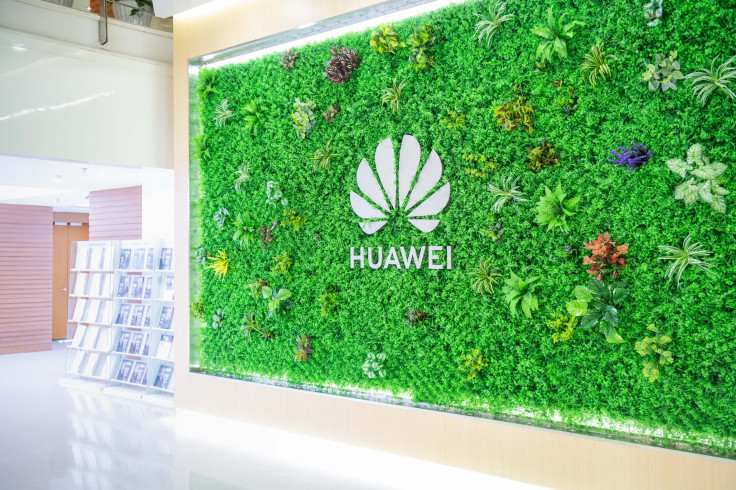US Tech Companies Ask Trump To Ease Huawei Ban

American chip makers have urged the Trump administration to relax its curbs on doing business with the Chinese tech giant Huawei.
The Chinese telecom equipment company has been blacklisted in the U.S citing security concerns and has a late August deadline to look for alternatives to U.S suppliers for its products.
Blacklisting of the Chinese telecom equipment mandated semiconductor companies in the USA and other suppliers to take prior permission from the government for doing business with it because of “national security issues.”
According to reports, executives of the U.S. chipmakers including Intel and Xilinx held a meeting with the Commerce Department three weeks ago.
They discussed the local industry’s response to placing on Huawei on the Commerce Department’s blacklist.
“This isn’t about helping Huawei. It’s about preventing harm to American companies,” one source quoted in the Reuters report said.
The pitch of U.S chip makers in favor of Huawei is that the Chinese company’s units that make smartphones and computer servers use universally available parts and are unlikely to pose the same security concerns just as its 5G networking gear.
Qualcomm wants to continue supplying chips to Huawei for various devices including Huawei phones and smartwatches, according to sources.
In 2018, Huawei spent $70 billion buying components in which $11 billion went to U.S. firms including Qualcomm, Intel, and Micron Technology Inc.
Andrew Williamson, Huawei’s VP for public affairs said the company has not entrusted anyone to lobby on its behalf.
A representative of the Commerce Department clarified that the agency “routinely responds to inquiries from companies regarding the scope of regulatory requirements.” However, such conversations will not “influence law enforcement actions.”
Trade body SIA’s stand
Trade group Semiconductor Industry Association (SIA) acknowledged that it facilitated consultations with the U.S. government to make members comply with new norms and also discuss the implications of the Huawei ban.
Jimmy Goodrich, vice president of global policy at SIA noted that technologies “not concerning with national security should not fall within the scope of the order.” He said the trade group has conveyed this perspective to the government.
Demand woes of US semiconductor companies
Concerns persist with many of the U.S. suppliers of Huawei over future demand. Already, Qorvo, Skyworks and Lumentum downsized their revenue forecasts for the current quarter.
The shares of Qorvo fell 13.6 percent lower in June, while Skyworks and Lumentum were down nearly 20 and 28.5 percent, respectively.
Sebastian Hou, an analyst at CLSA on semiconductors said that chip stocks rose soared in the first quarter of the year hoping the U.S. and China would strike a trade deal, but they fell after prospects of a trade agreement faded.
“Huawei is blacklisted, which has made investors worry about the (second half of 2019) demand, and forced a few tech/semis companies to cut guidance accordingly,” Hou said.
© Copyright IBTimes 2024. All rights reserved.





















